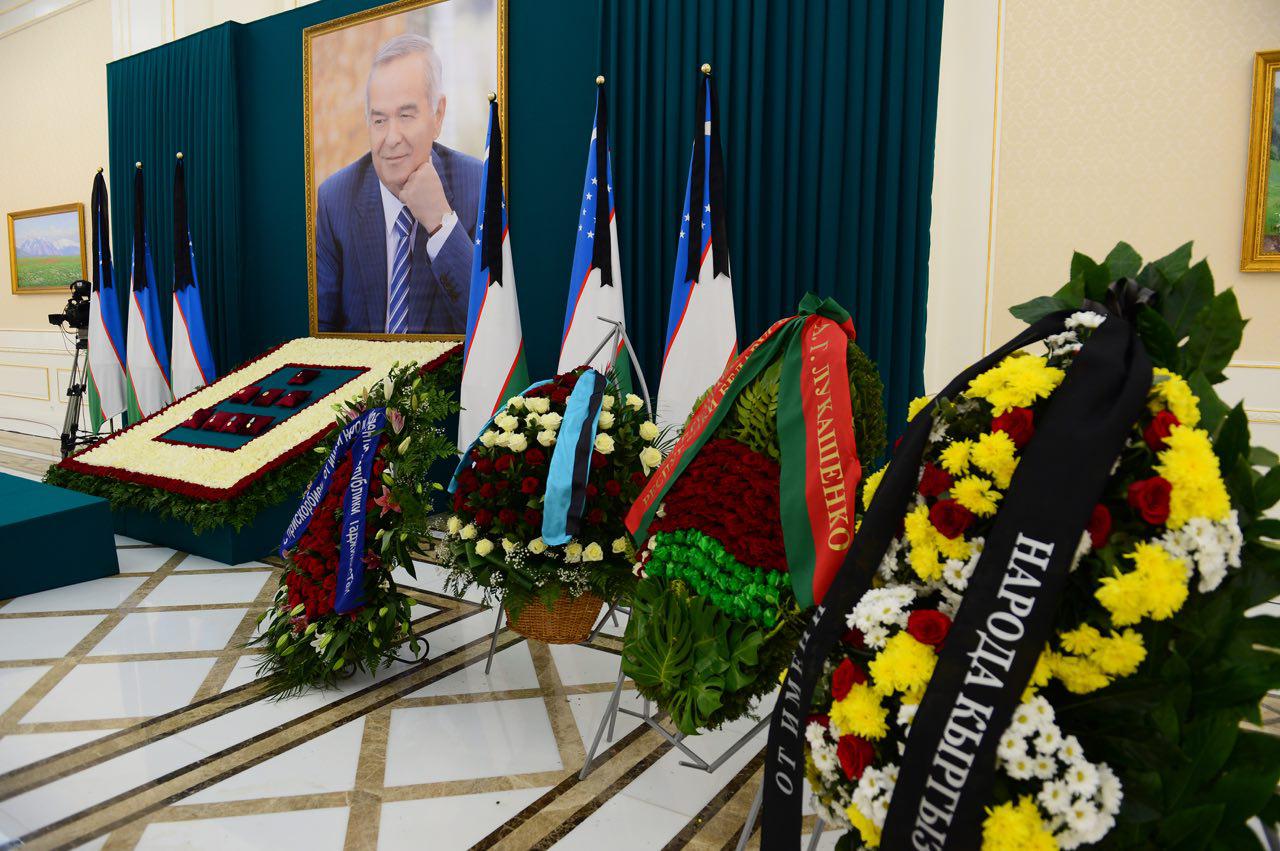Change of power in Uzbekistan may create problems for Minsk
 The situation has not changed
The situation has not changed

Russia seeks to preserve her political dominance in Central Asia. The death of Karimov will prompt the Kremlin to step up its game in Uzbekistan, including engaging this country in Moscow-initiated integration projects (EEU and CSTO). The struggle for influence in Uzbekistan will require substantial resources from Moscow. That said, Russia might cut financial support for Minsk.
The deceased Uzbek leader sought to be equidistant from the main external players in the region and consistently opposed to Moscow’s great-power ambitions. The change of power in Uzbekistan is likely to trigger the struggle among external actors for influence on the new Uzbek leader. Yet fears of possible political destabilization in Uzbekistan seem premature. For years, Karimov exercised brutal repression against the secular and religious opposition. As a result, one is completely destroyed, while the other one is extremely weak and deep in the underground.
Meanwhile, Karimov has left the country in a dire economic state. The new Uzbek leadership’s foreign policy will be largely predefined by where external financial assistance comes from.
The threat of destabilization in Uzbekistan is speculative for Belarus due to the geographical distance between the two states. However, Tashkent may become Minsk’s rival for obtaining financial support from Russia. Belarus is already a member in the CSTO and the EEU; she does not want to be drawn into the Kremlin’s confrontation with the West and seeks to reduce her dependence on Russia. Unlike the Uzbek leadership, the Belarusian authorities have virtually nothing to “sell” to Moscow in the political, ideological, or symbolic terms. That said, the economic situation in Belarus is unstable and Russia is still a major financial donor for Minsk.
Subscribe to our newsletter




Situation in Belarus
Constitutional referendum: main consequences


 Video
Video
How to count the political prisoners: are the new criteria needed?


 Video
Video
Paternalism In Decline, Belarusian Euroscepticism, And The Influence Of Russia


 Video
Video











